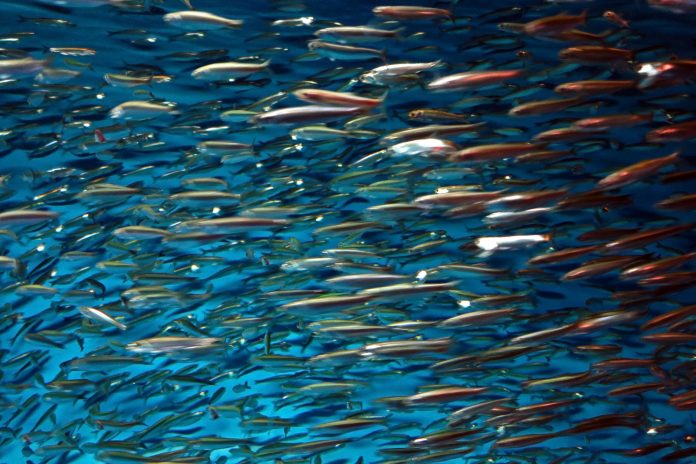New draft rules on how, where and when small pelagic fish, such as anchovy and sardine, can be caught in the Adriatic Sea were adopted on Tuesday.
The proposed multiannual plan, approved by 342 votes to 295 and 24 abstentions, would establish fishing opportunities for small species that swim near the surface of the Adriatic Sea, i.e. mainly anchovy and sardine.
Catch limits of small pelagics should be fixed at 2014 levels for 2019 and reduced by 4% annually, for each member state concerned, between 2020 and 2022, Parliament agreed. However, this 4% reduction would not apply if, in a previous year, the total catches for each member state are fewer (more than 2% lower) than in 2014.
It also sets out specific no-fishing periods for the different stocks, vessels and fishing gears, with the aim of protecting nursery and spawning areas.
Financial support for businesses
MEPs also agreed to exceptionally allow fishing vessels, which may temporarily close or reduce their activities to put these new rules into effect, to apply to the European Maritime and Fisheries Fund (EMFF) and get financial support up to 15% above the existing ceiling. This derogation is valid until 31 December 2020 and for a maximum of nine months.
Evaluation after 3 years
The Commission should evaluate the impact of the multiannual plan on the stocks three years after its entry into force and propose, if necessary, changes to the regulation.
The vast majority of small pelagic fisheries in the Adriatic target anchovy and sardine. All pelagic fisheries in that area are valued around 74 million euros (2013). Nearly all anchovy and sardine fisheries are from Italy and Croatia, with some boats from Slovenia, Albania and Montenegro.
Two multiannual plans under the new CFP have already been approved by the European Parliament and the Council: the Baltic Sea plan adopted in 2016 and the North Sea plan adopted in 2018.
The text sets out Parliament’s mandate to start negotiations with EU Ministers on the final shape of the legislation. Talks can start once Council has agreed on its position.

